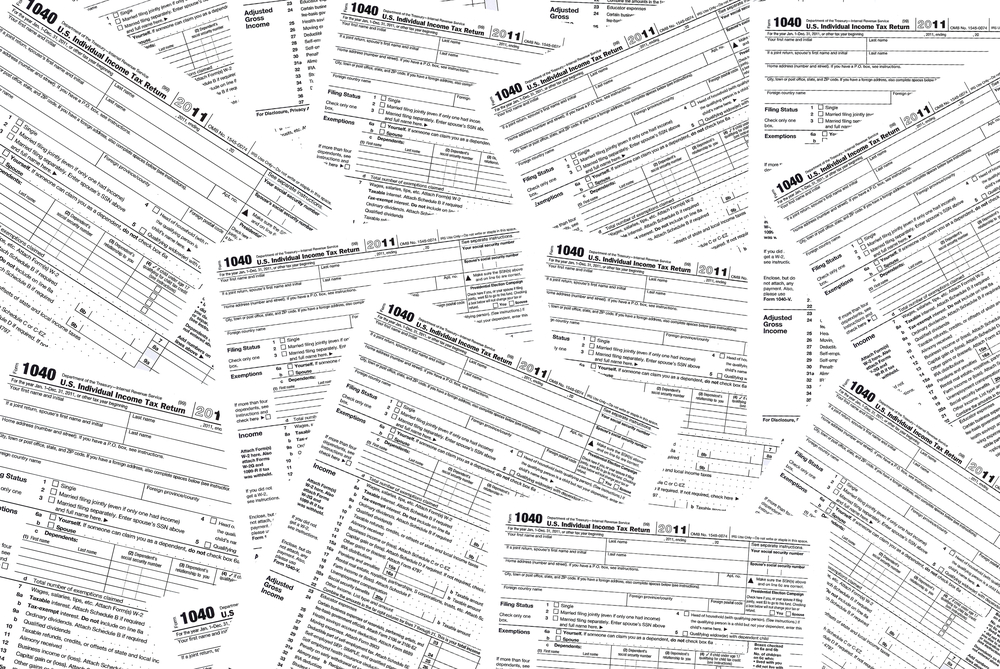How to handle all those forms

Over the past few weeks, tax forms have begun to pile up in your mailbox, and more are probably on the way. Organizing your forms makes your tax filing easier for everyone. Here are some suggestions for managing all the forms you receive and preventing future issues.
Collect all your tax forms
Make a list of the forms you received and review your tax records from the previous year. Add any new accounts, companies, or suppliers, and mark off the documents as you receive them.
Gathering all your forms is crucial because the IRS also receives copies of each one delivered to you. Missing one could result in an IRS correspondence audit, which would mean more work and a longer refund period.
Check for digital forms
You might not receive a physical form in the mail since more employers, banks, and other organizations are making their tax forms available electronically. Before filing, be sure to check your inbox for any missing forms. You should also check your spam and trash email folders if any tax-related emails unintentionally land there.
Fix errors
Verify the forms you receive one more time to determine if there are any mistakes. If there are, get in touch with the issuer by phone and writing to resolve it. If you can’t acquire a corrected form, continue to report everything to the IRS on your forms. Then, when you file your return, include a correction outlining the problem. Doing this means you won’t have to wait for the issuer to send you a corrected form before you can still file.
Commonly overlooked tax forms
While gathering all of your W-2 and 1099 papers is crucial, three forms require extra care before filing:
- 1095: The Affordable Care Act requires proof of health insurance (ACA). If you obtain your insurance outside of the Healthcare Marketplace, you will no longer receive this form from most taxpayers. If so, you can be qualified for a unique premium tax credit. To support this deduction, you will require this form.
- 1098-T: Verifying money paid in tuition and fees to accredited educational institutions. You must have one of these documents from your accredited school to claim an education deduction.
- 1099-K: Confirm any payments you receive from third-party services like Ticketmaster, SeatGeek, Venmo, or other electronic payment systems that accept credit cards. The IRS recently postponed the enlarged reporting obligation until December 31, 2022. Still, new rules require many more to obtain this form. Many have already stopped sending out their forms, so if you receive any of them, check for them and keep them.
Contact our RRBB accountants and advisors to set up your tax filing appointment while you wait for the forms to arrive. Before the April filing date, making an early appointment can ensure you receive answers to all your questions.
RRBB eNEWSLETTER
Get free tax planning and financial advice




